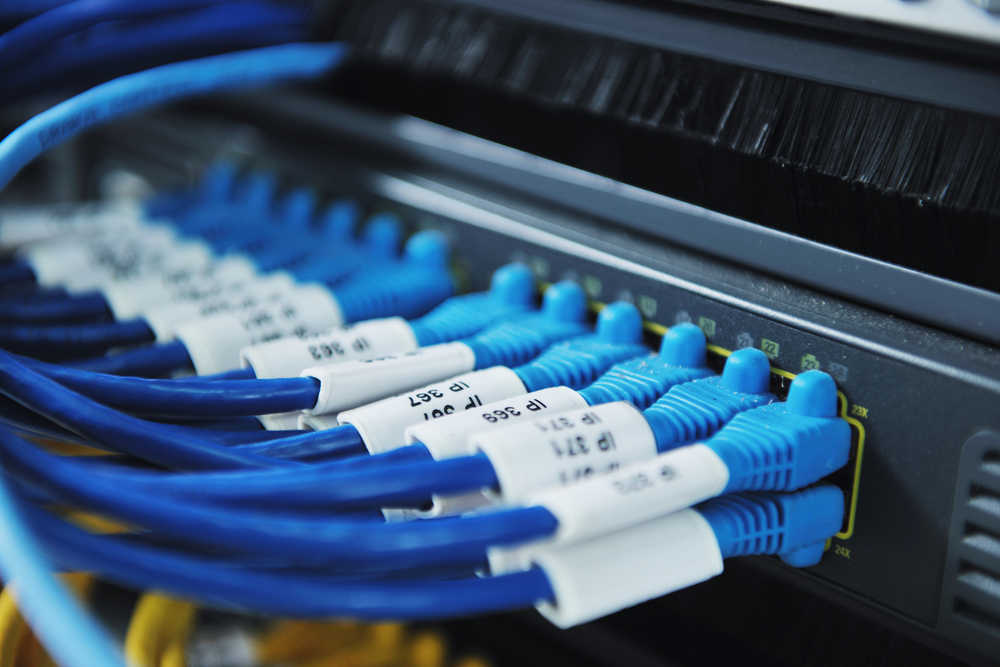The 9 Most Prevalent Business Network Issues and Their Solutions
In the digital business landscape, network issues are inevitable. However, they can be anticipated, diagnosed, and swiftly resolved. Let’s explore the nine most common business network issues and their solutions, ensuring smooth, uninterrupted enterprise operations.
1. IP Address Conflicts
IP address conflicts occur when multiple devices share the same IP address, creating network instability. This can disrupt your business operations. To prevent this, businesses can either implement dynamic IP addressing or manually assign unique static IPs to each device.
2. Reduced Network Speed
Factors like outdated hardware, insufficient bandwidth, or excess connected devices can cause slow network speed, affecting business productivity. Upgrading network infrastructure, expanding the bandwidth, or managing the number of connected devices can help resolve this issue.
3. Network Congestion
An overabundance of traffic can lead to network congestion, hampering business performance. Utilizing network monitoring tools can help identify high-traffic sources, enabling businesses to reschedule or redistribute heavy data transfers during non-peak hours.
4. Obsolete Network Drivers
Outdated network drivers can trigger network instability and compatibility issues, impacting business operations. Regularly updating network drivers is crucial, either manually via the manufacturer’s website or through automatic updates offered by modern operating systems.
5. Wireless Signal Interference
Wi-Fi networks in businesses can be affected by signal interference caused by other wireless devices, physical barriers, or distance. Changing the Wi-Fi channel, repositioning the router, or deploying a Wi-Fi extender can help overcome this issue.
6. Software Incompatibility
Incompatibility between software and the network infrastructure can cause several problems, potentially disrupting business services. Updating or replacing incompatible software with a version that aligns with the network’s specifications can solve this.
7. Network Security Breaches
Security breaches can cause network downtime, data theft, and compromised business security. Stringent security measures, like firewalls, antivirus software, and encrypted connections, can help safeguard your network. Regular network audits and vulnerability assessments also bolster security.
8. DNS Problems
DNS problems, which translate web addresses into IP addresses, can disrupt website access, affecting online business operations. Changing DNS server settings or flushing the DNS cache can resolve this issue
.
9. Hardware Failures
Hardware failures of routers, switches, or other network devices can lead to network downtime, disrupting business activities. Regular maintenance, timely hardware replacements, and redundant systems can counter this problem.
While business network issues are common, understanding their nature and implementing the right solutions can ensure reliable network performance. Regular maintenance, vigilant monitoring, and prompt updates are essential to effective network management. This way, potential disruptions can be minimized, ensuring business continuity and productivity.




